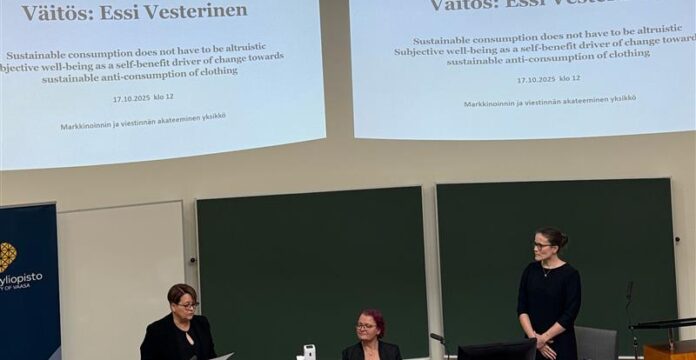The world is undergoing a profound transformation, driven by the simultaneous and interconnected transitions of the digital and green revolutions. This ”twin transition” presents both opportunities and challenges, as organizations and societies strive to harness the power of technology while ensuring a sustainable future.
At the heart of the twin transition lies the recognition that digital technologies can support the green transition. From distributed ledger technology aiding the circular economy to digital twins optimizing traffic flows and reducing emissions, the synergies between these two transformations are undeniable. However, the twin transition also comes with its own set of challenges, as the increased energy consumption of digital technologies or rebound effects from reduced emissions can lead to unintended consequences. Proactive and integrative management is crucial to mitigate these effects.
Taking a multifaceted perspective to the transition
Achieving the twin transition requires a multifaceted approach, involving societal commitment, technological infrastructure, environmental awareness, economic enabling markets, and political coherence.
Navigating the twin transition also requires an interdisciplinary research approach to understand societal acceptance mechanisms, human behavior, and the psychological, societal, economic, and cultural implications of this transformation. Fostering innovation in areas that support both digital and green objectives is therefore crucial for driving progress.
Twin Revolution: Upskilling staff from traditional manufacturing industries
At the university of Vaasa, the Marketing and consumption research group has recently partnered with other EU research institutes (The Karlsruhe Institute of Technology in Germany, research and training organisations CETEM and IES José Luis Castillo-Puche in Spain, R&D institute TZU in Czech republic) to develop an innovative e-learning initiative designed to catalyse the transition towards more sustainable and digitally advanced practices in the manufacturing industry. Developed within the framework of the TwinRevolution project and co-funded by the Erasmus+ programme, this training course is freely available to all learners and is meticulously crafted to provide a comprehensive understanding of twin digital and green transitions within manufacturing companies, by taking a zoom into textile and furniture industries. By offering insights into both the principles and practical implementation strategies, the course ensures that participants are equipped with the knowledge and skills needed to drive meaningful change in their respective industries.
Interactive learning applied to Twin transition
TwinRevolution has also launched an interactive tool that allows anyone interested to discover the 5 phases of product life cycle and how circular economy and Industry 4.0 strategies can be implemented to achieve a smarter and more sustainable industry. In this dynamic experience, any learner can discover the five pivotal phases that make up the life cycle chain of a product. Through videos and infographics, it supports students in delving deeper into how these phases can be harnessed to implement circular economy principles and embrace Industry 4.0 strategies. The Twin transition is under way, let’s make sure existing and future professionals are adequately equipped to successfully navigate this transformation!
More info: Access the Twin Revolution website
This blog post was written by Erwan Mouazan, Circular Economy researcher at the School of Marketing and Communication at the University of Vaasa.




